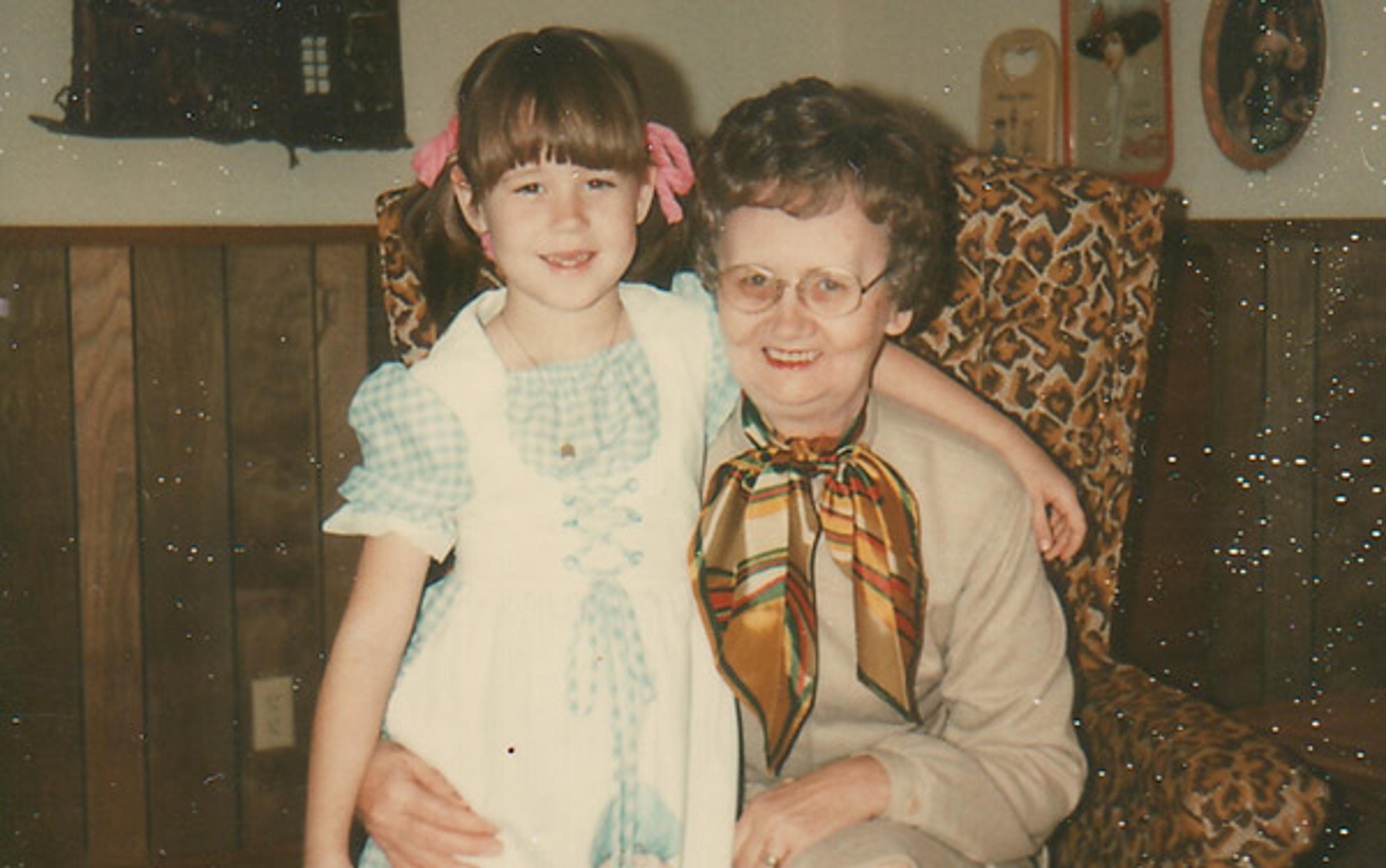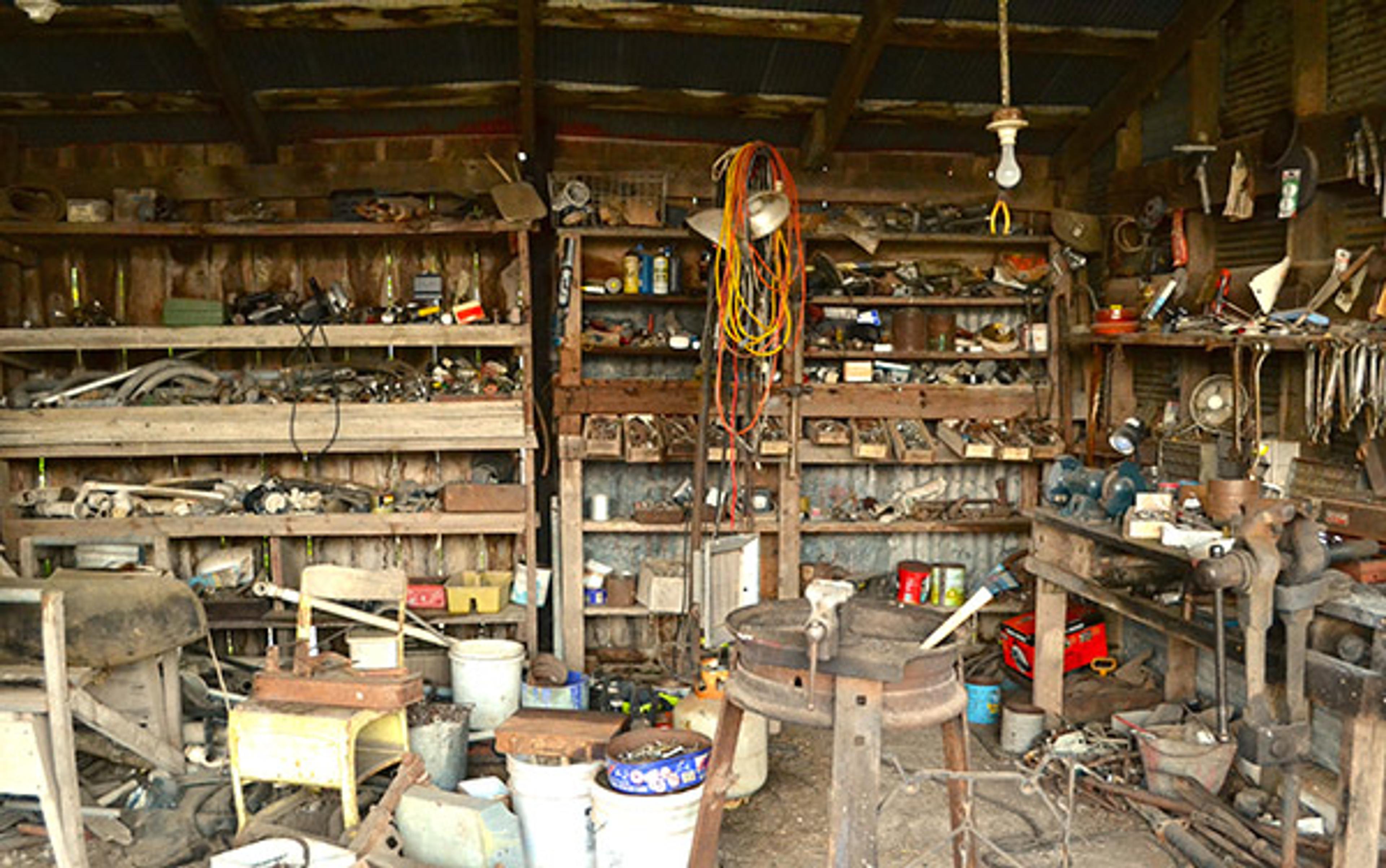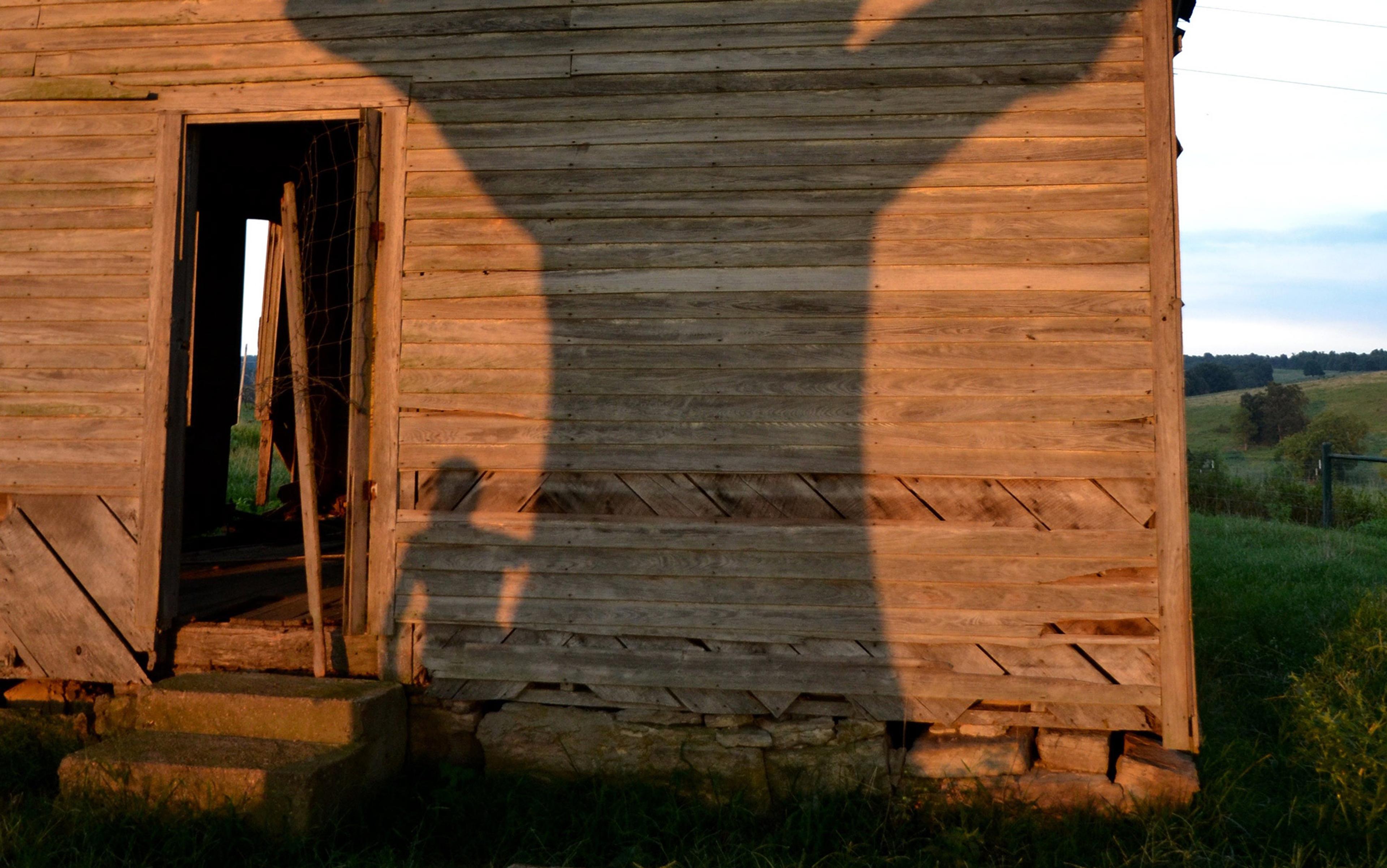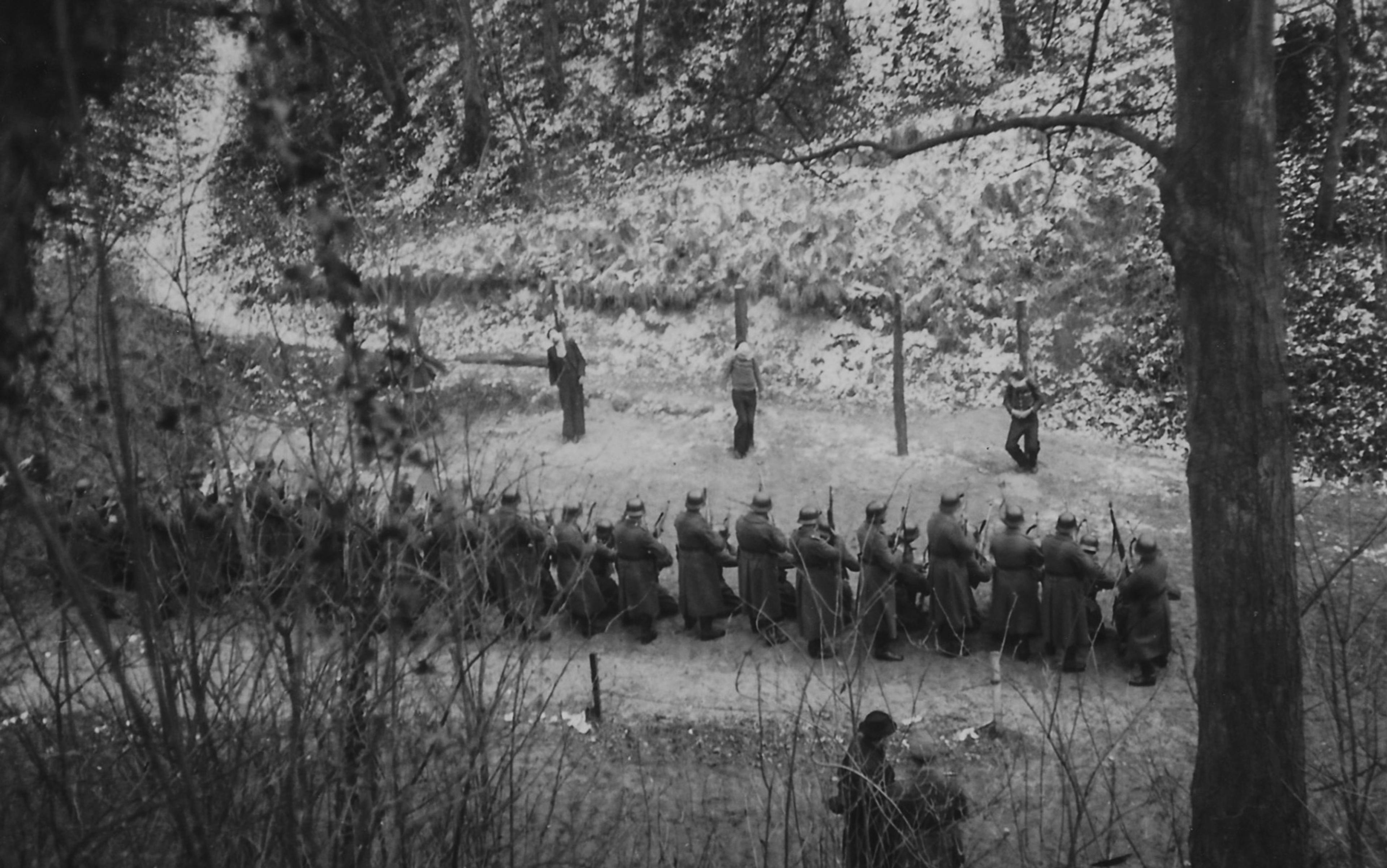When I was in graduate school, a professor came upon me listening to music on my headphones. The piece had stunned me and it must have shown in my face, for he asked if something was wrong. I told him no, but explained that I’d just heard the ‘Ode to Joy’. I can’t recall exactly what I said next, but I enthused about what a wonderful ‘song’ it was, and asked if he had ever heard it. He had. And his response alerted me to the fact that it was unusual to call it a ‘song’. The professor’s manner was kind but it was impossible not to notice his shock: here was a creature seeking a PhD, who had never before heard the ‘Ode to Joy’. This was one of my earliest signals that I lacked the standard cultural and class equipage of academe.
Early in my career, I regularly mispronounced words. The vocabulary of academia was one I had encountered only in books – its language was emphatically not the stuff people I knew said out loud. I was once congratulated on my ‘bravery’ for not training out my ‘rustic accent’ – never mind that I didn’t know, until then, that I had one. More recently, I was asked to develop a seminar on class bias. I am a philosopher, and since I do not study class bias, the request surprised me. I later discovered that I was chosen for my ‘unique’ life experience, my perceived lower-class origins. Even now, people casually ask me at conferences where I am from, in a way that suggests they are struggling to place the unusual. A student once marvelled that I ‘talk like Faulkner’. Another, prompted by a course evaluation to ‘describe this instructor in one word’, recorded: ‘y’all’.
Before entering academia, I wasn’t terribly aware of my class. My family had made out pretty well, relative to many of our neighbours and even kin. But judgments of ‘doing pretty well’ depend, of course, on your point of comparison. At any rate, the cultural capital of my upbringing involved a very different currency to the one that’s spent in academe. In academia, people carry Beethoven in their pockets like so much loose change. My pockets weren’t empty, sure, but they were mostly stuffed with commercial jingles. So I often felt broke in a land of the wealthy, a cultural pauper among the aristocracy. To use the coin of the realm, you could say I had ‘impostor syndrome’ – that perception that one is not adapted for one’s role, that one does not really belong or pass muster.
I still lack the cultural stuff to pass in academic environments. Yet even as I often feel ill-fitted, using the archetype of an ‘impostor’ to explain myself to myself has never offered me much value. ‘Impostor syndrome’ is a conceptual construct rendered in the language and sensibility of the very thing I feel ill-fitted for. It is an academic term, after all, and seems like an affliction for the higher orders, a malady you have to come up a bit in the world to develop. Most importantly, I can imagine the withering look my grandmother would offer if someone dared to suggest that she suffered from ‘impostor syndrome’.
My grandmother Ruby was both a farm wife and a professional woman. The family dairy could not be sustained absent someone taking a job in town, and so Ruby acquired an entry-level position with the Department of Children and Family Services. By the time she retired, she had ascended the ranks and served as its director for years. In an era that largely denied women such roles, she had become a professional of real stature and consequence. And she assiduously sought to fit the part, reliably turned out for work in immaculate business suits and sensible heels, polished, groomed and pristinely arranged.
Ruby’s hair, in particular, was a formidable helmet of curls. When I was young and better churched, her hair was what always came to mind when I heard the preacher intone: ‘Put on the whole armour of God.’ Not knowing what that might mean, my grandmother’s hair seemed the closest thing in my experience to an especially fierce form of divine. To the unaware, Ruby never would have been taken for a farm wife, and that was precisely the point. She wanted to be received as a woman of class and as someone at home in town, though this took work and, at least once, not a little violence.

The author and Ruby.
Ruby’s car for commuting was stored in the farmhouse garage. Since the garage was most often open, though, the chickens had a habit of shading in there and, not to put too fine a point on it, shitting in there. Finally, after too long enduring the choice between cleaning the car of chicken scat or driving it soiled to work, she emerged from the garage one day and called out calmly to her eldest son: ‘Bob, kill all the chickens.’ This he did, and never again did her car betray her efforts to pass as town.
The ‘impostor’ is subversive, actively pulling who-the-hell-knows-what just out of sight
I sometimes recite this silently to myself when I am in academic environments: ‘Bob, kill all the chickens.’ I find it functions as a bit of truly useful self-therapeutics, a mantra for lower-class passing among the smarter set. Since my hair is a mess, I’ll never achieve ‘the whole armour of God’, but if tempted to feelings of ‘impostor syndrome’, I aspire to my grandmother’s wickedly cynical gaze.
Ruby did kill all of the chickens or, rather, have them killed. But this should not be seen as a particularly dramatic technique for battling impostor syndrome. For her solution of choice could not possibly be more farm – town women, after all, don’t generally have the stuff and stomach to command the slaughter of hens as an aside while they make their way to work. Ruby’s lack of hesitation or ruminating is at odds with that insecure, inner scrutiny of oneself against an imagined external measure. Impostor syndrome is an existential malady; chicken-killing is an existential refusal, a way of holding in reserve that fierce, unfitted part of oneself. In the latter, the ‘impostor’ is subversive, not passively feeling out-of-sorts in unaccustomed environments but actively pulling who-the-hell-knows-what just out of sight. I imagine Ruby that day she had the chickens slain, arriving at work unruffled, divine helmet in place, but with some heady dissident mischief in her eye.
‘Impostor syndrome’ describes a problem I don’t especially wish to solve. Its remedy is to recognise that one does in fact belong. Yet I can’t convince myself I want to fully belong – indeed, I would experience belonging as a loss. The reasons for this are several, though all converge on a conviction that being ill-adapted has a value I would not forfeit.
Lately, academia has grown more sensitive to how its culture flattens and normalises those who populate its ranks. Impostor syndrome is a way of explaining how non-standard identities can provoke alienation. Class is one such structure of exclusion, alongside race, gender, sexual identity and disability. But what are the epistemic costs of ‘fitting’? If we look only at alienation, we ignore the ways in which that subtly enforced sameness diminishes understanding.
Academia has long been reserved for the upper class – for those with financial and, especially, cultural capital – and this limits what academics typically see or, more accurately, admit to seeing. Even though many of us do not belong to the normalised, cultured class of the stereotype, our modes of interaction often encourage us to talk as if we do. Put plainly, if you do have chickens, best get the scat off your car. The result is that the world we assay looks cleaner, simpler and more pristine than it really is. Some of my own dissatisfactions with belonging result from a restless critical impulse, a desire to see what cleanliness is obscuring.
In my field, philosophy, we have few historical sources that engage the rural and agrarian, far less the poor. This deficiency means that the points of reference we do possess earn an outsized authority, even if they show us little. Call this the Walden phenomenon.
When other philosophers learn that I have a farm, they often invoke Henry Thoreau’s Walden (1854). This text seems to be the philosopher’s Rosetta Stone for country life. I am in great sympathy with cultured sorts who long for the agrarian – indeed, in many respects, I am one now. Yet I can tolerate Walden only if I read it fancifully and counterfactually, as deliberate self-satire. Or if I construct a running sub-commentary of what Thoreau’s truly country neighbours must have thought. There might be some who farm who enjoy Thoreau, but I am not one.
When Thoreau engages in self-congratulation – ‘How many mornings, summer and winter, before yet any neighbour was stirring about his business, have I been about mine!’ – I marvel at the unreflective ease with which he equates simply tramping about with the work of his labouring neighbours. ‘No doubt,’ he continues, ‘many of my townsmen have met me returning from this enterprise, farmers starting for Boston in the twilight, or woodchoppers going to their work.’ No doubt. Perhaps those farmers and woodchoppers have lain abed late because their prior day’s labour required longer rest. More likely, they’ve been up and about doing chores Thoreau lacks the experience to imagine.
Academia’s representations of the poor and rural inspire an oppositional impulse in me
Thoreau’s country life is mannered, but worse still are canonical sources that romanticise not simply rural life, but poor, countrified people. Whether it is Jean-Jacques Rousseau’s French rustic or Leo Tolstoy’s Russian peasant, the country folk one encounters most often in literature tend to be admirable only insofar as they are rather simple-minded, unburdened by self-awareness. Tolstoy’s Gerasim in The Death of Ivan Ilych (1886) is a paradigm case.
As servant to the existentially tortured and dying Ivan, Gerasim is reconciled to mortality. His consciousness is uncluttered, guileless, and unambitious in what it seeks to query, much less understand. He takes what comes, as it comes. This makes him compassionate in a tale of middle-class false consciousness and woe – but no one could want to be him. Humming beneath any admiration inspired by Gerasim’s stoical simplicity is John Stuart Mill’s dictum: better to be Socrates dissatisfied than a pig satisfied.
Recently, the romanticised peasant-simple has yielded to another, darker idea. The pigs, it turned out, were not that satisfied, and now they have dragged us all down in the political mire. The image is no longer unsullied simplicity but befouled by bigotry, misogyny and cruelty. This too is a stereotype, and one that, however different, achieves force precisely in its distance. I wrote about this just after the 2016 presidential election, and was surprised by how quickly the contempt directed at the poor rural voter came my way. A friend of mine summed up the new atmosphere: ‘No one wants to read about poor rural people struggling to walk upright.’ This too works to keep the ivory tower pristine, for even fewer now are likely to confess low origins.
Academia’s representations of the poor and rural inspire an oppositional impulse in me – a resistance to seeing people like mine as people like that, as people tidily captured, whether quaint or corrupt, pitiable or pitiless. Assimilation in academia entails the denial of one’s own experience and history. It demands epistemic sacrifice, a willingness to shed complexity and, along with it, possibilities. It’s the possibilities I begrudge the most.
Farming makes much use of what military sorts call ‘field expediency’, the process of making do when you work in conditions that deny you the predictable or standard supplies. My farm is cluttered by products of my grandfather’s genius in field expediency. He built our table saw out of a washtub, salvaged barn oak, a mower engine, and a truck leaf spring. Most things on the farm are made of other, unpredictable things – calf-bottle nipples as tool grips, sheared-off coffee cans as feed scoops, chisel plow blades welded into a child’s sled. Until recently, the farmhouse sported windows retrieved from the wreck of an old hotel, and the insulation was comprised of old clothes. This, then, is field expediency at work. But to make it work, you have to not throw things away.

The workshop on the author’s farm.
When I took over the farm following my grandfather’s death, I initially despaired at all the loose bits and pieces that littered the place. Wire was my special enemy, for the barns were everywhere cluttered with it – wire salvaged from telephones, from appliances, from who-could-tell-where. I accumulated buckets of wire with a plan to dispose of them. Mercifully, I never got round to it, for I quickly learned the uncommon worth of wire. For example, it presently holds the muffler to my truck, secures the busted PTO cover on my bushhog, and seams caging around fruit-tree saplings, the better to protect them from the depredations of deer. My only concern about wire now is that I might need more.
The stock images sometimes used to depict the pitiable conditions or pathologies of the rural poor – images of homeplaces surrounded by wreckage and ‘trash’ – tell a bigger story if you know how to read them. The broken-down car in the yard contains parts that still have use in them if need arises. That rusty freezer on the porch probably contains the dog’s food, since nothing beats an old freezer for storing feed where unsanctioned animals can’t get at it. Put plainly, if there is wire everywhere, there’s probably a reason. And if you can’t see the reason, there’s probably a reason for that too.
I resist scavenging through my professional writing to identify the bits fostered in farmwork
Farming’s field expediency has encouraged in me vitalising mental habits that are at odds with the orderly practices of academe. In life, it is a general good to see the strange, non-standard potentials in things, to use something built for one purpose for an entirely different purpose. So, too, it’s a plain good to fix what’s broke, whether mechanical or intellectual. And it’s good to become accustomed to a world that won’t always yield, to the recalcitrant material stuff that cares not for our larger, or even smaller, purposes – wire can’t, after all, do everything, no matter how much of it you have.
These are all, to be sure, advantages of a non-specific sort. I struggle to say more precisely how my life has shaped my academic endeavours. The philosophies that make most sense to me are not those canonical sources so often touted as essential. Formally, I am expert in early Confucian ethics, with a tidy list of publications that focuses on Confucian approaches to grief and the deep dependencies of human beings, the ways we become what we are by way of our relations to others.
Informally, I study that which can render into sense the immense piles of rock on my farm. The rocks in those mounds were carried there by people – my people – and they represent generations of effort to wrench usable farmland from inhospitable hills. My academic essays on our relations to others and on grief struggle to catch at such modest monuments of human dependency, at how nothing made is made in solitude, at all the sorrows of surveying those rocks when the carriers of rock are dead. And to catch, at last, the exquisitely prosaic longing to add to the piles, for the ones who come next. Moving rock has cleared more pasture for use and, in a bit of my own field expediency, yielded up academic articles that take measure of those rocks’ symbolic weight.
Yet I ultimately resist scavenging through my professional writing to identify the bits fostered in farmwork. For I find nought but irritation in trying. Too many philosophers already profess to locate value in experiences – exercise, leisure reading, yoga, or travel – precisely because they aid in advancing the intellectual enterprise. This inevitably subordinates the thing praised; experiences become valuable only to the extent they are good for the real work or, as I mentally style it, The Work. I baulk at the need to show how the hard problem of fixing my alternator will improve my chances of solving the hard problem of consciousness, or to show how a bit of farm labour can unlock philosophical secrets. In truth, I harbour strong doubts about which of these really ought to be counted as The Work. This doubt is one of my most treasured non-standard supplies, the chicken I will never kill.
Academic philosophy likes to talk about itself in resonant tones of high ambition and noble aspiration, as though philosophy is that which indubitably matters most. I have no complaint with those who place their philosophical work at the centre of their lives, but our professional atmosphere is sometimes choked with talk that assumes this disposition is the right and only way. To normalise and conform is to become fluent in re-casting one’s projects and activities in servitude to The Work. At its worst, it pitches toward scorn of other lives, and slips into a tendency to condescend, as if philosophy is the light and all else is darkness.
Sometimes, as in my grandmother’s life, the raw exigencies of existence send one to town for work and, it turns out, one is good at the work one finds. This pattern, reproduced in academic environments, can tempt a success narrative, a variation on the Horatio Alger rags-to-riches myth. The simple or sullied abandons the darkness for light and, in entrepreneurial fashion, accumulates the stores of cultural capital to which others are merely born. At her best, she completely passes, becoming indistinguishable from the native Brahmins. Even failures to pass can contribute to the myth. Having a non-standard beginning in academia can raise the anxious spectre of the impostor, but it can also ground special praise. One has, against the odds, learnt to walk upright.
But what such praise fails to see is the disappointment. In his exquisite poem ‘Digging’ (1966), Seamus Heaney observes his own descent from men who laboured. Of his father digging potatoes, he writes:
By God, the old man could handle a spade.
Just like his old man.
Against this raw strength, Heaney registers with melancholy humility: ‘I’ve no spade to follow men like them’ and the poem concludes:
Between my finger and my thumb
The squat pen rests.
I’ll dig with it.
The poem’s beauty is its ambivalence, its reluctance to mark a generational shift from spade to pen as unambiguous progress. I long to wield both, and rue how often academic life would strip spades from those who have them. And that, more than anything else, is what I suspect betrays me as an impostor, though not in the anxious, normalised way.
Impostor syndrome rides on the perception, most fundamentally, that one is getting away with something. I struggle to grasp just why this sleight-of-hand ought be counted a bad thing. I sometimes still feel a fraud in academic environments, but neither do I mind it much. Indeed, taking a little pleasure in getting away with things is something I come by honestly – a family legacy, if you will.
None of my academic bona fides reassure me more than counting myself a squatter
When I was a child, my grandfather remarked that I had the Pentecost Eye. I took this as an indication that I had special, perhaps even mystical, sight. Admittedly, I had not noticed any distinctive visual acuity or enjoyed spiritual visions, but this seemed of no account: if my grandfather noted I had the Eye, it must be something. And if it was named for the day that tongues of flame descended upon Jesus’ disciples, it must surely be good and eventually prove worth having.
It turns out that the Pentecost Eye is but a droopy lid on one side, inherited from that branch of my family named Pentecost, some of the least holy people in the tree. One of these ancestors, Johnny Pentecost, lived on land that now sits on the edge of my family’s present farm. Johnny was reputed to have come to the Ozarks after crossing the Mississippi while fleeing the law. A hard drinker and eager fighter, he told of having shot and killed a man one dark night, his explanation being that the man was after his horse. This at least was a version of the story, though it sounds like a tall tale told by one who liked to inspire fear. Still, whatever he got up to, Johnny bore knife scars on his back, and those scars made it prudent to believe whatever confessions of past violent conduct he cared to make.
Johnny’s homeplace on our farm was, strictly speaking, not his when he lived there. It was a patch of land he settled, never mind it wasn’t his. By the time the landowner got around to making something of this misappropriation, Johnny was dug in enough to make it more trouble to budge him than to leave him be. He was just not the sort who was easy to budge, and certainly not to budge without violence.
Johnny died long before I was born, and I expect we would have been much at odds had I known him. But in the too-sterile life academia provides, I can’t mind having inherited the Pentecost Eye. I find ‘impostor syndrome’ best resisted by reminding myself that I am Johnny Pentecost’s kin: none of my academic bona fides reassure me more than counting myself a squatter fiercely disinclined to budge. The land is not my own yet here I abide, casting my drooping Eye upon the world.






